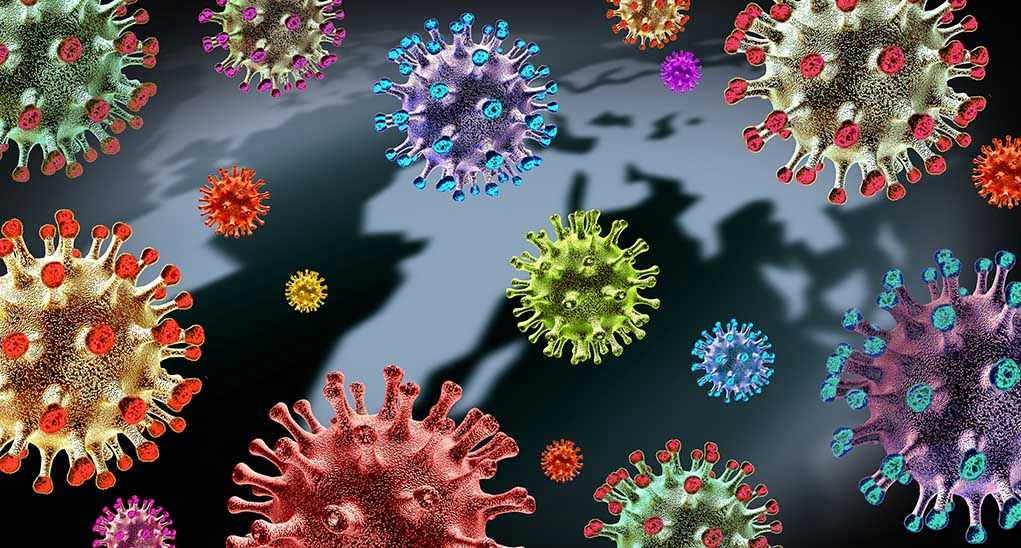
Just when you thought government incompetence couldn’t get any more jaw-dropping, it turns out the U.S. government quietly shipped thousands of viral samples—including deadly coronaviruses—to a Chinese military-linked biolab in Wuhan, with no robust safety checks, no formal agreement, and apparently, not a single adult in the room asking, “Is this a good idea?”
At a Glance
- USAID sent nearly 11,000 viral samples—including coronaviruses—to the Wuhan Institute of Virology (WIV) over a decade, with no formal oversight or security protocols.
- The Wuhan lab has documented ties to China’s military and a history of poor biosafety practices, raising serious national security and biosecurity concerns.
- The U.S. lost access to critical viral data, undermining pandemic investigations and future preparedness, after WIV was debarred from federal funding for failing to share research.
- Internal documents reveal officials ignored glaring security risks, fueling bipartisan outrage and public distrust in bureaucratic “global health” programs.
USAID’s Viral Boondoggle: A Masterclass in Washington’s Unaccountable Bureaucracy
The U.S. Agency for International Development (USAID) launched its PREDICT program in 2009, a $210 million taxpayer-funded venture that sounds noble on paper: collect and monitor dangerous viruses worldwide to preempt pandemics. In reality, it became a grotesque exercise in government overreach and breathtaking naivete. Over a decade, USAID-funded contractors boxed up thousands of viral samples—some closely related to the virus that caused COVID-19—and shipped them straight to the Wuhan Institute of Virology (WIV). That’s right, the very lab now infamous for its links to the Chinese military and its shoddy safety record.
The decision to send these samples was made without a formal contract, without a documented chain of custody, and with zero enforceable biosecurity protocols. Even a government program integrity specialist, Reuben Guttman, pointed out that any basic scientific endeavor requires paperwork to prove the methodology’s soundness—and yet, for a project handling dangerous pathogens on a global scale, the paperwork was apparently as fictional as government accountability itself. Congressional investigators and watchdogs have since confirmed that the USAID’s “see no evil, hear no evil, sign nothing” approach left the U.S. powerless to monitor how these viruses would be handled—or misused—by a Chinese government lab with direct ties to the People’s Liberation Army.
Wuhan Lab’s Military Ties and Biosecurity Disasters: A Recipe for Disaster
Let’s not sugarcoat the facts: the Wuhan Institute of Virology isn’t just any lab. It’s a research facility with a well-documented history of “poor biosafety practices” and a direct line to China’s military. The lab was later banned from U.S. federal funding for a decade after it refused to share research data with American authorities. And yet, for years, U.S. bureaucrats saw fit to send them nearly 11,000 samples—including bat coronaviruses harvested from China’s Yunnan Province, a known hotbed for dangerous pathogens. The sheer recklessness of sending critical viral material to a foreign adversary’s military-linked lab, with no meaningful oversight, defies logic, common sense, and national security imperatives.
As the COVID-19 pandemic tore through the globe, the fact that viral ancestors of SARS-CoV-2 were among those samples shipped to Wuhan raises deeply disturbing questions. How many bureaucrats signed off on this? According to internal documents, not only did USAID and the State Department endorse the project—they did so despite glaring warnings about national security risks. In the aftermath, WIV’s refusal to share data and the abrupt end of the PREDICT program in 2019 left the U.S. in the dark about what happened to those samples, and what research the Chinese military might have conducted with them.
Who Pays the Price? Taxpayers, Public Health, and U.S. Security
The consequences of this bureaucratic debacle are wide-reaching and infuriating. First, U.S. taxpayers footed the bill for a project that enriched Chinese military-linked researchers while leaving America more vulnerable. Second, the lack of oversight and documentation means the U.S. lost access to vital viral data—crippling investigations into the origins of COVID-19 and hampering future pandemic preparedness. Numerous scientific experts and congressional reports have lambasted the USAID and its contractors for failing to secure even minimal guarantees that these samples would be available to U.S. researchers in the event of a crisis.
Even more galling, public trust in international scientific collaboration—already battered by the pandemic—has eroded further. The public has every right to be outraged by so-called “experts” and bureaucrats who treat national security like a game of hot potato. Meanwhile, global health advocates warn that slashing these surveillance programs could leave humanity blind to the next pandemic threat, but after years of unchecked incompetence and zero accountability, many Americans are asking why on earth we should keep funding such programs at all—especially when they undermine our own safety.
How Did We Get Here? And Who Will Be Held Accountable?
From the launch of PREDICT in 2009 to its abrupt termination in 2019, the story is one of staggering bureaucratic hubris and bipartisan neglect. University of California, Davis, EcoHealth Alliance, and other contractors played middleman, while USAID and State Department officials nodded along. Only after the Wuhan lab refused to share research and was finally cut off from U.S. funds did anyone in Washington seem to notice that a decade’s worth of viral material was now in the hands of America’s chief adversary, with no way to get it back.
As the State Department now scrambles to investigate and politicians scramble to distance themselves from the mess, the American people are left holding the bag—again. The real lesson? When the government claims it can keep us safe by exporting our security to foreign labs, maybe, just maybe, it’s time to demand real accountability, real transparency, and a government that actually puts American interests first.




